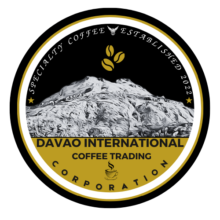An assessment of the growing challenges and upheavals in the agricultural industry in the first year of Marcos’ administration.

MANILA – As President Marcos completes his first year in office, the country’s agricultural sector presents a panorama of upheaval. Marked by an escalation in commodity prices and a surge of high-profile resignations, it reflects an industry in flux.
The soaring prices of essential commodities have been one of the most noticeable changes in the Philippine agricultural landscape this year. According to the Department of Agriculture, prices have risen by an alarming 15% compared to last year.
“This unprecedented hike in prices is attributed to a complex set of factors, from unfavorable weather patterns affecting crop yields to issues of supply chain disruption caused by the ongoing pandemic,” explained Ana Santos, an agricultural economist.
The crops severely hit by the price hike are rice, vegetables, and poultry. The high cost of these staples has burdened consumers and placed farmers in a challenging predicament due to increased production costs.
Another major shift the sector witnessed was the wave of resignations that swept across the Department of Agriculture. Five high-ranking officials, including Undersecretary Manuel Ortigas, resigned, citing policy disagreements and growing dissatisfaction.
In his resignation letter, Ortigas cited the lack of support for small farmers and insufficient focus on agricultural technology as reasons for his departure.
President Marcos’ administration has announced new measures to stabilize the sector, including subsidies for farmers and initiatives to strengthen the country’s agricultural technology infrastructure in a climate of rising discontent and challenge.
However, these measures are seen by many as insufficient. “There’s an urgent need for a more comprehensive approach, one that will address not just the symptoms but the root causes of these issues,” said Santos.
Indeed, as the agricultural sector stands at this critical juncture, the first year of Marcos’ reign has proven to be a stern test of resilience for farmers and consumers. The question remains whether the administration can steer this vital sector toward stability and growth in the coming years.
